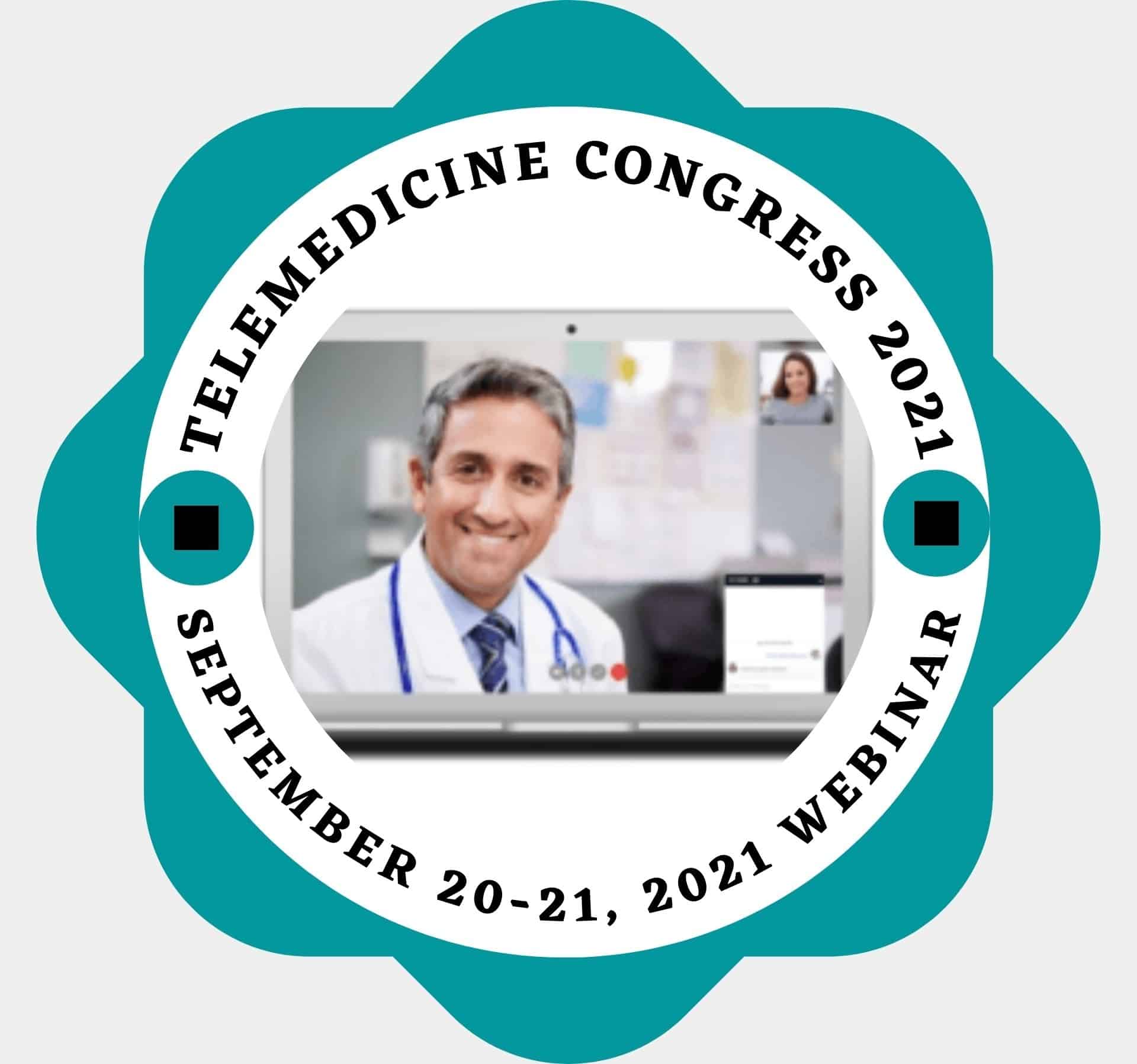Fritz P
IPath Telemedicine Network gemeinnützige GmbH D-26603 Aurich, Germany
Title: Telemedicine in a country with restricted resources: daily use and scientific potential
Biography
Biography: Fritz P
Abstract
Introduction: Doing disease classification and treatment decisions in countries with restricted resources is hampered by (l1) lack of sophisticated diagnostic tools such as high quality radiological methods, laboratory investigations and morphological methods and (2) lack of highly specialized experts. We report about the use of two diagnosis assistance systems and a ICD-10 related laboratory data set. All date are anonymized and each patient was asked for participance in a telemedical approach.
Material and Methods: We investigated the medical data of tow Afghanistan hospitals in Mazar I Sharif in Afghanistan since 2010 uploaded on ipath-network (a non governmental organization for telemedicine) including a register for breast disease (N=1609 cases). For a subset of cases (N=105cases) we used two diagnosis assistance systems (Memem7 and Isabel-Health) and a laboratory data set in order to investigate whether their application is feasible In these data sets. For all calculation the golden standard was the consensus diagnosis of 2-4 experienced pathologists. All data were completely anonymized
Results: A list of helpful differential diagnoses were provided in 28/105 or 75/105 cases (26.7% respectively 71.4%). The target diagnosis proposed by the human experts was recognized in 22/74 or 40/74 cases (29.7 to 54.1%)- In 31/105 cases the human experts provided no target diagnosis. The breast disease register allowed to built up a disease profile for the most important breast diseases as mastitis, fibroadenoma, fibrocystic disease and invasive breast cancer from the reported context variables. In addition a IBC-score (score for an invasive breast cancer) was calculated to calculate an additional probability for a malignant or benign breast disease. The sensitivity of this IBC score for recognizing a malignant disease was 79.6 %. The AUC (area under curve) for the IBC score was 0.85
Discussion: We provide a feasibility study that anonymized medical data after standardized mathematical transformation may be a helpful and promising tool for testing either diagnosis assistance systems as well as methods of artificial infelligence ( IBC-Score based on logistic regression). Therefore daily diagnostic use and research use using telemedical approaches go hand in hand, supporting each other.

